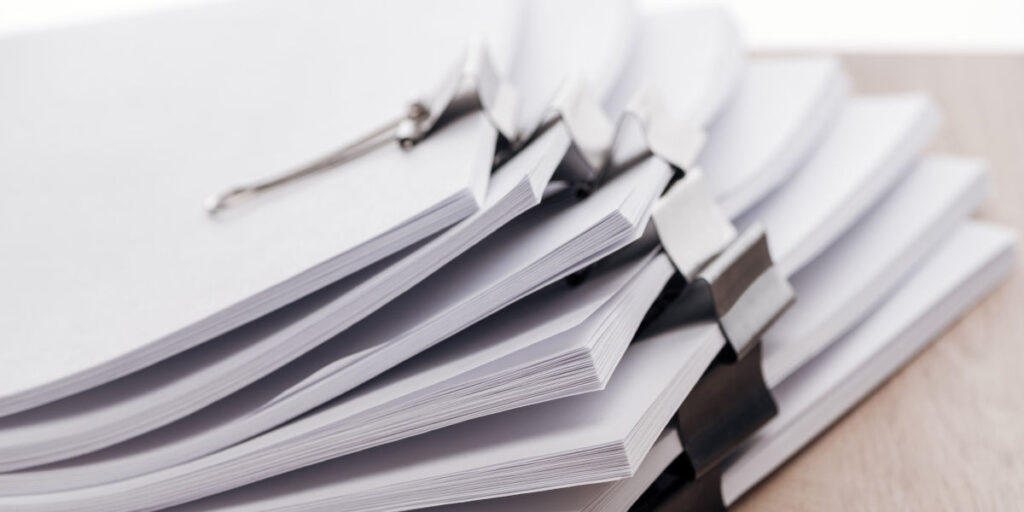- By TOP CHINA FREIGHT
- October 9, 2025
- Shipping
Table of Contents
Efficient customs clearance China to France is essential for businesses importing goods smoothly and on time. Many importers struggle with complex documentation, fluctuating shipping costs, and unpredictable transit times. This guide provides practical strategies, detailed techniques, and industry insights to ensure seamless clearance and timely delivery.
What Is Customs Clearance China to France?
Customs clearance China to France involves the legal process of importing goods into France while complying with EU regulations. Importers must provide accurate documentation, pay applicable duties and taxes, and ensure that shipments meet France’s import standards.
Customs clearance ensures goods are legally recognized and minimizes the risk of delays or fines. The process requires coordination between the shipper, freight forwarder, and French customs authorities. Key components include proper documentation, tariff classification, and adherence to import quotas or restrictions.
How Long Does Customs Clearance Take?
The transit time depends on the shipping method and document accuracy:
| Shipping Method | Average Transit Time | Customs Processing | Pros | Cons |
|---|---|---|---|---|
| Sea Freight | 30–45 days | 2–5 days | Cost-effective, suitable for bulk | Slower delivery |
| Air Freight | 3–7 days | 1–2 days | Fast, ideal for urgent shipments | Expensive, weight restrictions |
| Rail Freight | 15–20 days | 2–4 days | Balanced cost and speed | Limited destinations |
Delays often occur due to incomplete paperwork, incorrect HS codes, or inspections. Therefore, proactive planning and accurate documentation are critical to minimize customs clearance time.
What Documents Are Required for Import to France?

French customs requires specific documents to process imports:
| Document | Purpose |
|---|---|
| Commercial Invoice | Confirms shipment value and details |
| Packing List | Details product dimensions and quantities |
| Bill of Lading / Airway Bill | Evidence of cargo transport |
| Import Declaration (DAU) | Official customs declaration in EU format |
| Certificates of Origin | Verifies product origin, may reduce tariffs |
| CE Certificates | Compliance with EU standards for certain products |
| Insurance Certificate | Proof of insurance coverage for shipment |
Additionally, some goods require health certificates or special licenses depending on product category. Accuracy in these documents ensures faster processing.
How to Calculate Shipping Costs from China to France?

Shipping costs vary depending on method, cargo type, and container size.
| Container Type | Sea Freight Cost | Rail Freight Cost | Air Freight Cost |
|---|---|---|---|
| 20ft Container | $1,500–$2,200 | $3,000–$3,500 | $5,000–$7,000 |
| 40ft Container | $2,500–$4,000 | $5,000–$6,500 | $9,000–$12,000 |
Additional fees include customs duties (calculated on CIF value), VAT, handling charges, and local delivery fees. Therefore, planning and selecting a reliable freight forwarder helps optimize costs.
Can I Expedite Customs Clearance?
Yes, shipments can be expedited by:
- Using express air freight for high-value or time-sensitive goods.
- Pre-filing customs documentation electronically via the French DELTA system.
- Partnering with experienced freight forwarders who understand HS codes, duty rates, and inspection protocols.
- Consolidating shipments to reduce handling complexity.
Expedited clearance reduces waiting times, avoids storage fees at ports, and improves supply chain efficiency. However, it may increase shipping costs, particularly for air freight.
What Are the Common Challenges in China-France Customs?
Errors in invoices or DAU forms can cause delays.
Leads to incorrect duties and potential penalties.
Random customs inspections may extend transit times.
Changes in EU import duties can affect cost planning.
Miscommunication with French authorities may create issues.
Sea vs Air vs Rail Freight: Which Is Best?
Choosing a freight method depends on shipment type, urgency, and budget.
| Method | Pros | Cons | Best For |
|---|---|---|---|
| Sea Freight | Low cost, large cargo capacity | Slow, longer transit | Bulk goods, non-urgent shipments |
| Air Freight | Fastest, secure, reliable | High cost, weight limits | High-value, urgent items |
| Rail Freight | Moderate cost, shorter than sea | Limited ports, longer than air | Mid-size shipments, moderate urgency |
Transitioning between methods can also be effective, e.g., rail to sea, to balance cost and speed while ensuring customs clearance China to France is handled efficiently.
How to Avoid Delays at French Customs?
Tips to prevent delays:
- Double-check all documentation before submission.
- Ensure accurate HS codes and product descriptions.
- Schedule shipments outside peak seasons (January–February, September–December).
- Work with a trusted China shipping forwarder familiar with EU regulations.
- Keep proper insurance and proof of payment for duties and VAT.
Proactive compliance minimizes risk and ensures smooth delivery.
Case Study: Electronics Shipment from Shenzhen to Paris

A mid-sized electronics company shipped a 40ft container from Shenzhen to Paris:
Challenge:
Previous shipments faced inspection delays and incorrect HS codes.
Solution:
Partnered with a professional freight forwarder, pre-filed DAU forms, and consolidated packaging.
Result:
Clearance completed in 3 days after arrival, cost reduced by 12%, and delivery arrived 7 days faster than previous shipments.
This demonstrates the importance of planning, accurate documentation, and the right logistics partner.
Tips for Cost-Effective Customs Clearance
- Negotiate rates with multiple freight forwarders.
- Consolidate shipments to maximize container space.
- Compare air, sea, and rail options for optimal balance between speed and cost.
- Stay updated on EU tariffs and compliance regulations.
- Utilize FOB or CIF Incoterms wisely for cost management.
How Technology Improves Customs Clearance Efficiency?
Digital tools and logistics software streamline customs clearance China to France. Electronic customs declarations (e.g., French DELTA system) reduce paperwork errors. Cargo tracking, automated HS code classification, and AI-driven duty calculators help forwarders optimize shipping schedules and avoid delays. Implementing these technologies enhances supply chain visibility and ensures faster, more accurate clearance.
Conclusion
Efficient customs clearance China to France requires careful planning, accurate documentation, and choosing the right freight method. By understanding shipping options, preparing for potential delays, and leveraging experienced logistics partners, businesses can save time, reduce costs, and maintain a smooth supply chain. Start optimizing your China-France imports today for reliable, cost-effective delivery.
Need a Shipping Quote?
If you want expert guidance and peace of mind, our team is ready to assist.
TJ China Freight offers tailored solutions to help businesses of all sizes ship more reliably from China.

FAQ
Q1: What is the typical customs duty rate for goods from China to France?
Duty rates vary by product, generally 0–12%. Check the EU TARIC database for accurate classification.
Q2: Can I handle customs clearance myself?
Yes, but errors can cause delays. Using an experienced freight forwarder is recommended.
Q3: How do I reduce shipping costs?
Consolidate shipments, compare freight methods, and negotiate rates to optimize costs.
Q4: How long does air freight customs clearance take?
Usually 1–2 days with correct documents; express shipments may clear faster.
Q5: What happens if customs finds discrepancies?
Shipments may be held or fined. Correct documents and a reliable forwarder minimize delays.
